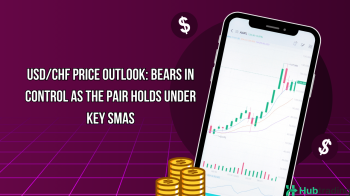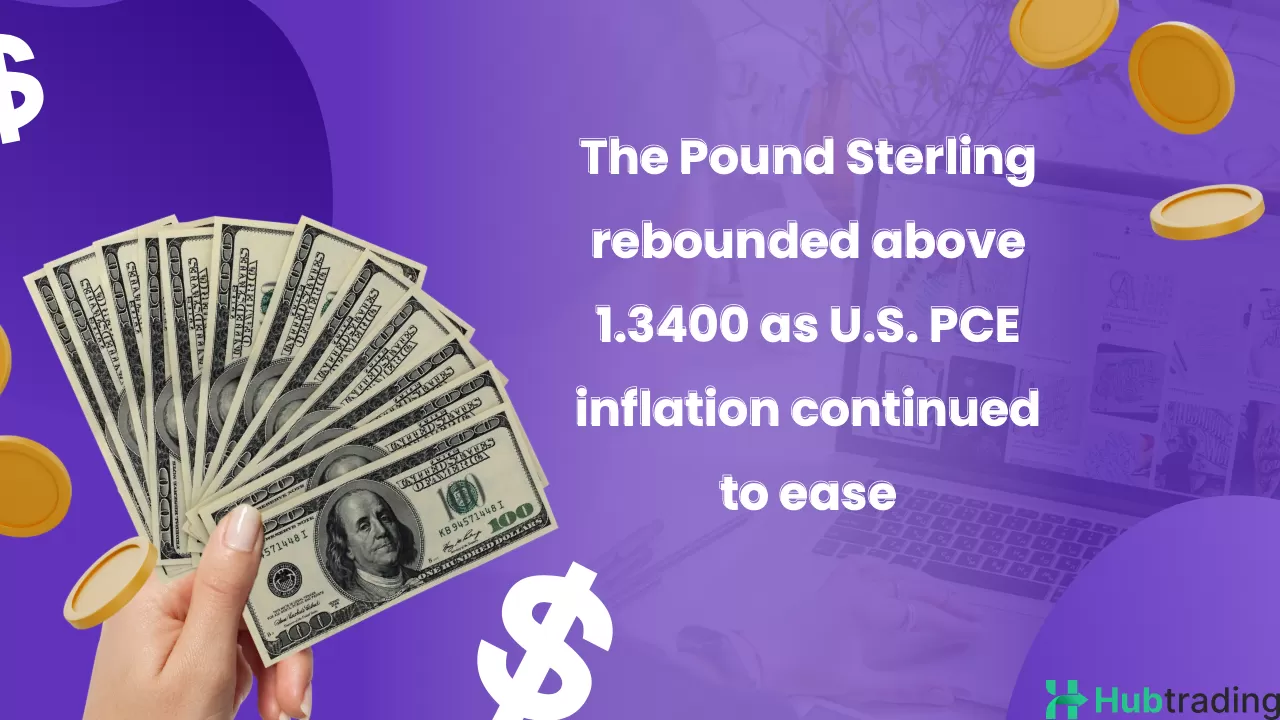Monday saw mixed performance across asset classes, with dollar pairs gaining clarity after Fed Chairman Powell's speech. Commodities faced pressure following weak PMI data from China, but global equities managed to limit losses.
Key Updates:
- On Sunday, the People’s Bank of China (PBOC) announced an extension of supportive measures for real estate developers until the end of 2026 and advised banks to lower mortgage rates for existing home loans by October 31.
- Geopolitical tensions escalated as three Palestinian leaders were killed in an Israeli strike in Beirut.
- Japanese preliminary industrial production for August fell by 3.3% month-over-month (vs. -0.5% expected), while the previous figure was revised up from 2.8% to 3.1%.
- Japan’s retail sales in August increased by 2.8% year-over-year (vs. 2.6% expected), with the prior figure at 2.7%.
- Japan’s housing starts for August declined by 5.1% year-over-year (vs. -3.3% expected, previous -0.2%).
- New Zealand’s ANZ Business Confidence Index rose from 50.6 to 60.9 in September.
- China’s official manufacturing PMI improved from 49.1 to 49.8 in September (vs. 49.4 forecast), while non-manufacturing PMI dipped from 50.3 to 50.1 (vs. 50.4 forecast).
- China’s Caixin manufacturing PMI fell from 50.4 to 49.3 in September (vs. 50.5 forecast), and the non-manufacturing PMI dropped from 51.6 to 50.3 (vs. 51.6 forecast).
- Germany’s import prices for August decreased by 0.4% month-over-month (vs. -0.2% forecast), matching the previous reading of -0.4%.
- Germany’s preliminary CPI for September came in at 1.6% year-over-year, down from the previous 1.9%.
- Switzerland’s KOF Leading Economic Indicator for September rose to 105.5 (vs. 102.5 forecast, previous 105.0).
- ECB President Christine Lagarde, speaking at a European Parliament hearing in Brussels, hinted at a potential rate cut in October.
- Chicago PMI for September was reported at 46.6, slightly above the previous and consensus reading of 46.1.
- Fed Chair Jerome Powell, speaking to the National Association for Business Economics, signaled further rate cuts but emphasized that the Fed is ‘not on any preset course.’
- New Zealand's NZIER Business Confidence Index improved significantly from -44 to -1 in September.
Market Price Action
Most asset classes began the day on a calm note, except for crude oil, which experienced an immediate drop before rising again due to geopolitical tensions during the Asian trading session. Israeli strikes in Beirut and the initiation of a ground invasion into Lebanon reignited concerns about oil production in the region.
Bitcoin had a rough start, continuing its downward trend throughout the day, falling from around $66,000 to the $63,500 range. Gold also faced a decline, closing nearly 1% lower, likely influenced by mostly disappointing PMI readings from China.
In contrast, Treasury yields began to rise at the start of the London session, receiving additional support from Fed Chair Powell’s remarks. He indicated that the Federal Reserve is not in a hurry to cut rates but is prepared to take necessary actions to stabilize the economy.
U.S. equities initially dipped as investors reacted to the uncertainty around future rate cuts. However, some risk-on sentiment returned as megacap stocks like Apple, Microsoft, and Alphabet posted solid gains.
FX Market Behavior: U.S. Dollar vs. Major Currencies
Major currency pairs started off mixed, but the U.S. dollar attracted safe-haven flows following weaker-than-expected PMI figures from China. Nonetheless, losses for commodity currencies were limited, thanks to substantial stimulus packages aimed at boosting the Chinese economy.
USD/JPY initially surged higher after a disappointing Japanese industrial production report and profit-taking following new Japanese Prime Minister Shigeru Ishiba's win last Friday. However, the yen regained strength, supported by a strong performance from the Nikkei.
As the London session began, the U.S. dollar recovered against the Aussie, Kiwi, yen, and franc, while remaining under pressure against the euro and pound. Weaker-than-expected German preliminary CPI had a limited impact on the euro, as traders remained focused on persistent services inflation.
Another round of mixed price action followed before the U.S. dollar received a strong boost from Powell's testimony. He emphasized the resilience of the U.S. economy and the Fed's intention to stay ahead in minimizing labor market risks, tempering expectations for aggressive easing moves in the near term.
Upcoming Potential Catalysts on the Economic Calendar:
- Chinese banks closed for the holiday
- Swiss retail sales at 6:30 AM GMT
- Eurozone flash CPI estimates at 9:00 AM GMT
- U.S. ISM Manufacturing PMI at 2:00 PM GMT
- U.S. JOLTS job openings at 2:00 PM GMT
- New Zealand GDT dairy auction coming up
- FOMC members Barkin, Bostic, and Collins participating in a panel discussion at 10:15 PM GMT
A number of key economic releases are set to impact the markets today, particularly the Eurozone’s flash headline and core CPI readings for September, which could shape ECB policy expectations and influence long-term EUR trends. Following that, keep an eye on the U.S. ISM Manufacturing PMI and JOLTS job openings report, both of which may affect positioning for NFP and overall market sentiment.





